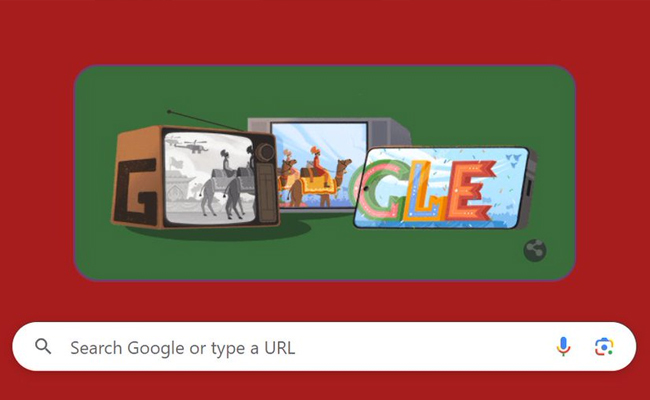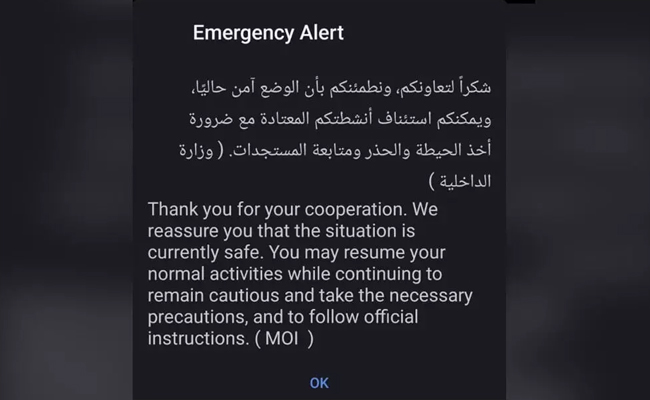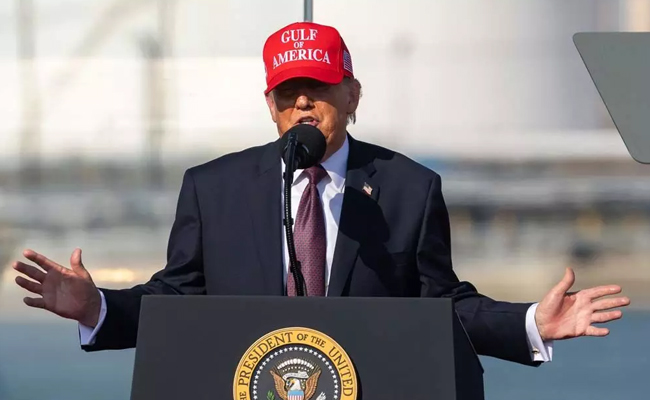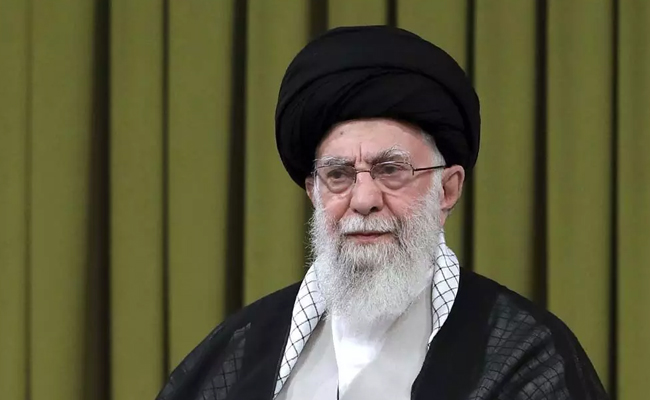New Delhi (PTI): Search giant Google has come up with a special doodle to mark India's 75th Republic Day, depicting the country's transition from the era of analogue TVs to smartphones.
The creative artwork signifies how the ceremonial parade would have been seen on screens across these decades.
India became independent in 1947 and a republic on January 26, 1950.
From big TV sets with cathode ray tubes to smaller ones and eventually, to smartphones, a lot has changed in India in these years.
The doodle depicts two TV sets and a mobile phone, with the letter 'G' on the left face of the first analogue television set, and the screens of the sets forming the two 'O's of 'GOOGLE'.
The remaining three letters 'G', 'L' and 'E' of the Google logo are displayed on the screen of the mobile handset placed in that order.
The first TV screen depicts scenes of the parade in black and white while the second one shows a camel contingent in colour, signifying the transition in technology.
"This Doodle celebrates India's Republic Day, which commemorates the day in 1950 when the Constitution of India was adopted and the nation declared itself a sovereign, democratic, and republic state," read a note on this doodle.
"Today's Doodle, illustrated by guest artist Vrinda Zaveri, features the Republic Day parade as it would have been seen on different screens over the decades," it said.
India is all set to celebrate its 75th Republic Day on Friday with an impressive display of military might and rich cultural heritage at the majestic Kartavya Path here.
The grand celebrations, with an overarching theme of projecting the nation's women power and democratic values, will be graced by French President Emmanuel Macron as the chief guest.
President of India Droupadi Murmu will lead the nation in celebrating the 75th Republic Day during a 90-minute parade at the ceremonial boulevard.
Let the Truth be known. If you read VB and like VB, please be a VB Supporter and Help us deliver the Truth to one and all.
Dubai/Abu Dhabi: Residents and visitors across the United Arab Emirates received a fresh emergency alert on their mobile phones stating that the situation in the country is currently safe.
The message, issued by the Ministry of Interior (MOI), thanked people for their cooperation and reassured them that conditions were stable.
“Thank you for your cooperation. We reassure you that the situation is currently safe. You may resume your normal activities while continuing to remain cautious and take the necessary precautions, and to follow official instructions. (MOI),” the alert read.
The notification was sent in both Arabic and English through the country’s emergency alert system.
The advisory comes after earlier alerts warning of potential missile threats amid rising regional tensions. Authorities have urged the public to stay cautious and follow official guidance.





